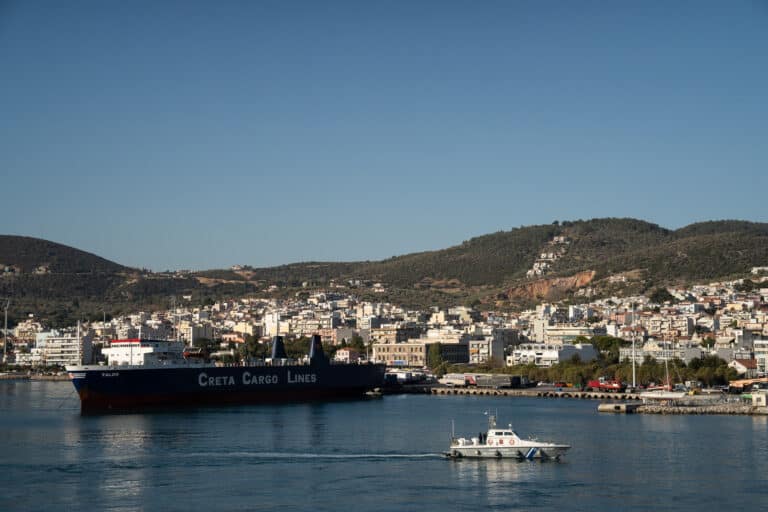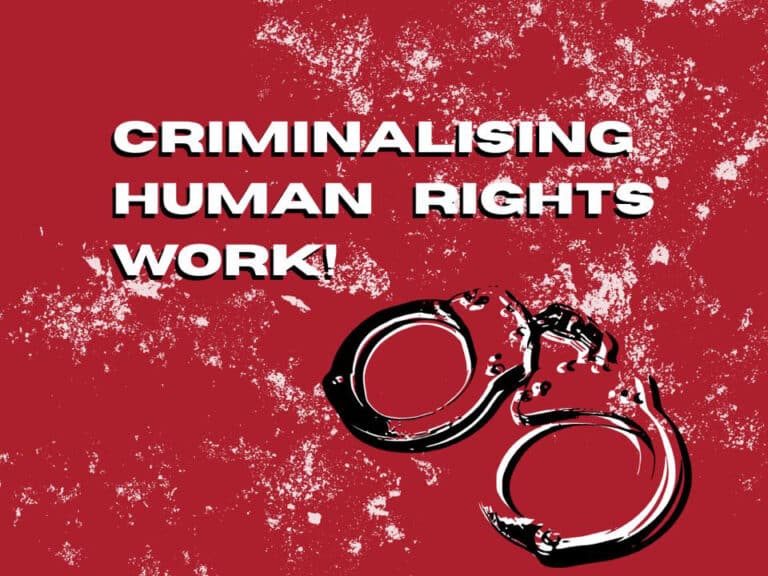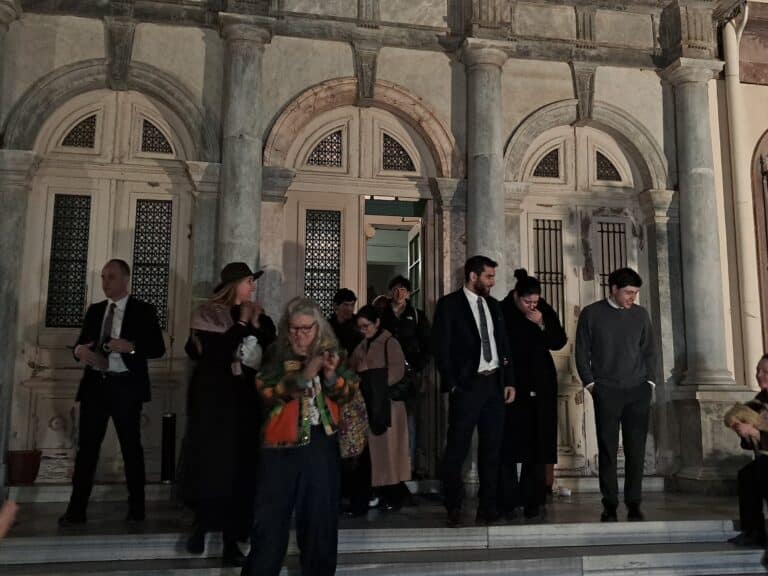It’s been approximately 100 days of war in Gaza. What does that mean for women behind closed doors? It means that a woman who has a normal menstrual cycle would have had three periods, each period lasting from 3-7 days.
The World Health Organization and UNICEF define menstrual hygiene management as: “women and adolescent girls using a clean menstrual management material to absorb or collect menstrual blood, that can be changed in privacy as often as necessary, using soap and water for washing the body as required, and having access to safe and convenient facilities to dispose of used menstrual management materials. They understand the basic facts linked to the menstrual cycle and how to manage it with dignity and without discomfort or fear.”
These needs are not being met in Gaza, with a population of approximately one million women, where hundreds of thousands of people have been displaced, living in unbearable conditions and overcrowded shelters where even finding a toilet is difficult. Water is rationed even to flush the toilet. It is 2024 and women in Gaza are getting their menstrual period which is part of their normal life cycle, but nothing is normal.
Even if women are able to find sanitary products or create their own unsanitary pads by using cloth, there is still no water to shower. If they do find water, it is dirty which might cause horrible pain and there is no medicine in Gaza.
There is no shortage of horrible stories as we’ve seen on the news, and witnessed the massive numbers of children and adolescents who have lost their families. Let’s imagine a sixteen-year-old girl lost her mom in a bombardment and then she gets her period for the first time. Besides the loss and grief, now she faces all the physical pain and changes in her body, not understanding what to do, or whom to tell. Besides all the trauma she went through there is also her fear of her own body. It would be one of her worst nightmares, in the midst of destruction, how will she deal with her own blood?
The UN estimates that some 700,000 women and girls in Gaza experience menstrual cycles but don’t have adequate access to basic hygiene products like pads, toilet paper, running water or even toilets because of the war. These conditions put women and girls in Gaza at risk of reproductive and urinary tract infections, which also cannot be treated because Israeli attacks have destroyed the healthcare system.
CPT Palestine asks, when will all this suffering stop? How will the women recover? Where are all the women empowerment organizations?
Will the women ever be able to forgive the world for neglecting their need for dignity?




